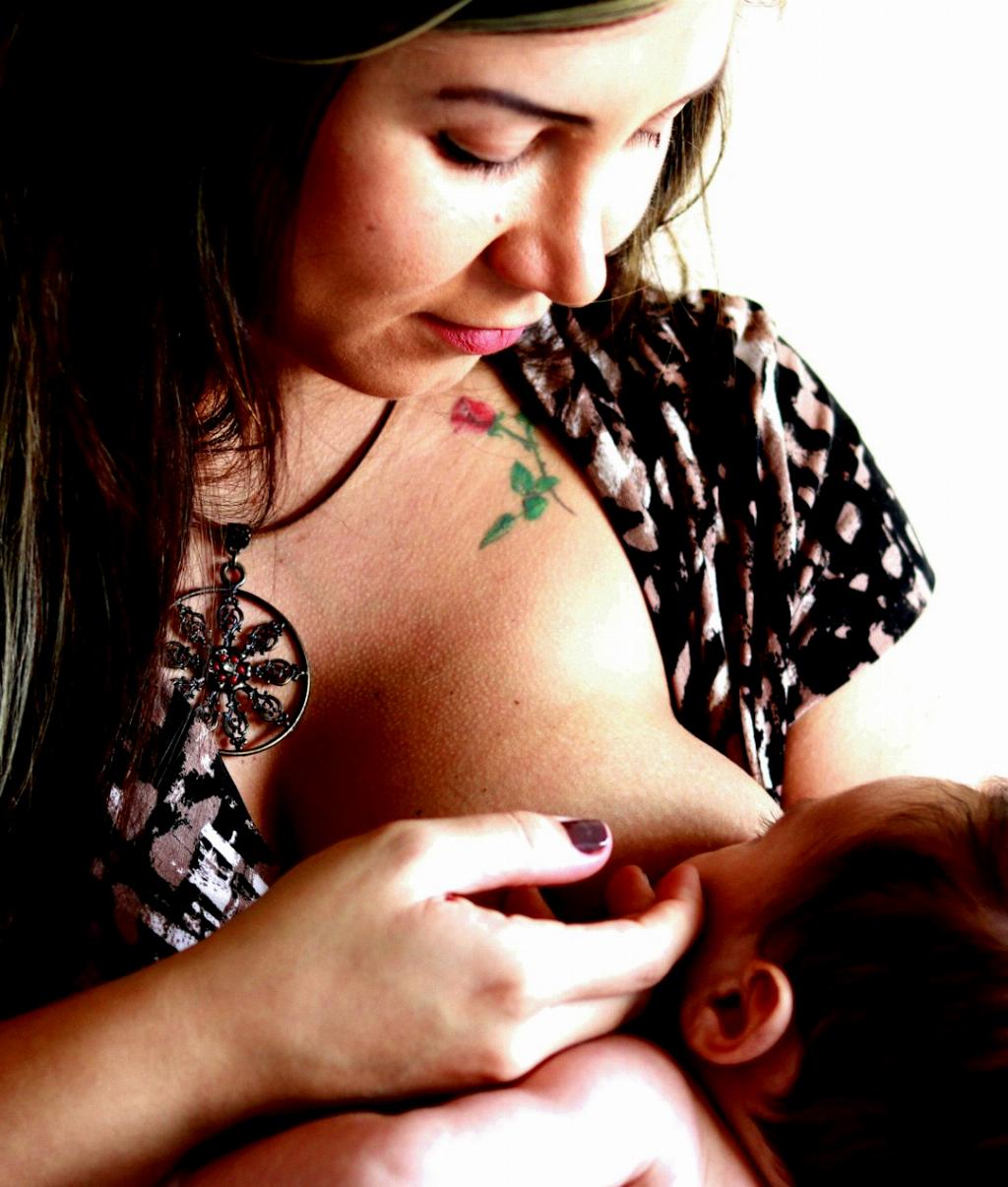As a parent faced with the dilemma of how to get your 4-year-old to stop nursing, it is essential to first understand the dynamics at play. Nursing is not just about providing nutrition; it is also a deeply emotional and comforting experience for the child. For a 4-year-old, nursing may serve as a source of security and connection with their primary caregiver.
Applying the 'Don't Offer, Don't Refuse' Approach
One approach that many experts recommend is the 'Don't Offer, Don't Refuse' method. This means not actively offering to nurse your child, but also not refusing if they specifically ask for it. By adopting this approach, you are essentially giving your child the autonomy to gradually wean themselves off nursing at their own pace.
Setting Boundaries and Limits
It is essential to establish clear boundaries and limits around nursing with your 4-year-old. You can gently explain to them that they are growing up and that nursing will need to come to an end at some point. Setting specific times or occasions for nursing can help create a routine and structure around the process of weaning.
Introducing Distractions and Alternatives
Distractions and alternatives can be effective strategies for encouraging your child to stop nursing. Engaging them in various activities, playtime, or offering them their favorite snacks or drinks when they request to nurse can help shift their focus away from nursing towards other sources of comfort and satisfaction.
Communicating with Empathy
Communication plays a crucial role in the process of weaning your child off nursing. It is important to approach the conversation with empathy and understanding, acknowledging your child’s feelings and emotions around nursing. Encouraging open dialogue and listening to their concerns can foster a sense of trust and cooperation.
Gradual Reduction and Substitution
Gradually reducing the frequency and duration of nursing sessions can help ease the transition for your child. You can introduce substitute comforting rituals or activities that can serve as alternatives to nursing, such as cuddling, reading a story, or singing a lullaby before bedtime.
Creating a Supportive Environment
It is essential to create a supportive and nurturing environment for your child during the process of weaning. Offer reassurance, comfort, and physical affection through hugs and cuddles to help them feel secure and valued, even as they navigate the emotional journey of stopping nursing.
Seeking Professional Guidance
If you encounter challenges or resistance during the weaning process, do not hesitate to seek professional guidance and support. Consulting a pediatrician, lactation consultant, or child psychologist can provide you with valuable insights and tailored strategies to address specific concerns and facilitate a smooth transition.
Celebrating Milestones and Progress
It is important to celebrate the milestones and progress made by your child as they gradually stop nursing. Acknowledge their efforts and willingness to embrace change, and offer words of encouragement and praise to reinforce their sense of accomplishment and empowerment.
Embracing Emotional Moments
Embracing emotional moments with your child during the weaning process can help strengthen your bond and connection. Be present and attentive to their needs, provide comfort and reassurance, and express your love and support through gestures of affection and understanding.
Remaining Patient and Resilient
Patience and resilience are key virtues to cultivate as you navigate the challenges of getting your 4-year-old to stop nursing. Understand that the process of weaning is a gradual and evolving journey that requires time, consistency, and flexibility. Stay committed to supporting your child with unwavering love and devotion.
Embracing the Transition
As you embark on the journey of helping your 4-year-old stop nursing, embrace the transition with grace and positivity. View this period as an opportunity for growth, change, and mutual understanding between you and your child. Remember that every step taken towards weaning is a step towards independence and self-discovery.

